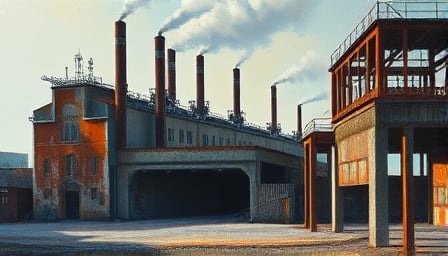Unilever’s Stock Price Plummets: A Wake-Up Call for Investors
Unilever PLC, once a stalwart in the consumer staples sector, has seen its stock price take a nosedive over the past year. The numbers are stark: an initial investment of £10,000 in the company’s shares now yields a paltry 207 shares. This is a stark reminder that even the most established players in the market are not immune to the whims of investors.
The recent lease deal with Workspace Group for its Wild Cosmetics business is being touted as a silver lining, but let’s not get ahead of ourselves. While the agreement may provide a steady stream of income for the real estate investment trust, it’s a Band-Aid on a bullet wound. The fact remains that Unilever’s market performance has been in free fall, and it’s time for investors to take a hard look at the company’s fundamentals.
So, what’s behind Unilever’s decline? The list of factors is long and varied, but some of the most significant contributors include:
- Lack of innovation: Unilever’s product lineup has remained stagnant, failing to keep pace with the changing tastes and preferences of consumers.
- Over-reliance on traditional markets: The company’s focus on established markets has left it vulnerable to disruption from newer, more agile competitors.
- Inadequate digital transformation: Unilever’s slow adoption of digital technologies has hindered its ability to reach new customers and stay ahead of the competition.
Despite these challenges, Unilever remains a significant player in the personal care products industry. However, its market performance is a stark reminder that even the most established companies can fall victim to complacency and a lack of vision. It’s time for Unilever to take a long, hard look at its business model and make some serious changes if it wants to stay ahead of the curve.
